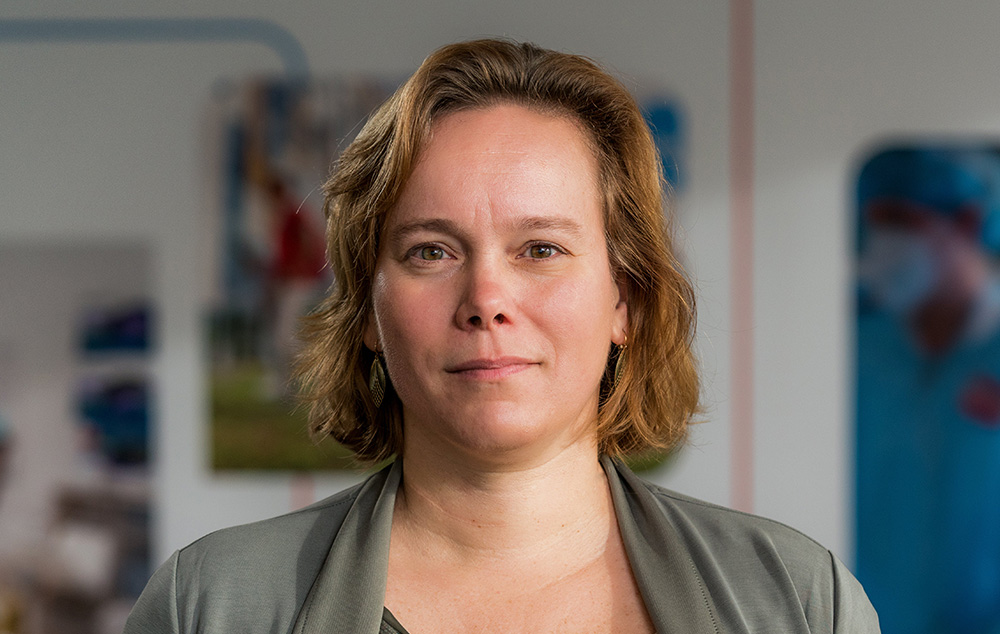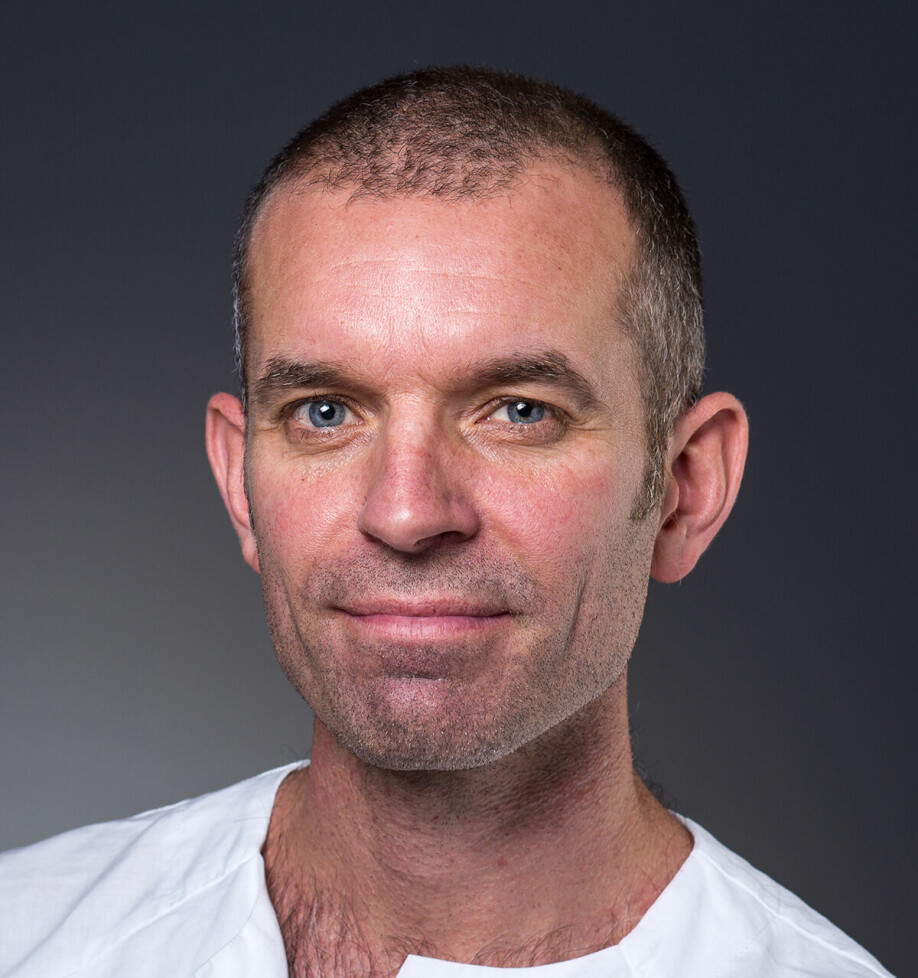Ecraid hosts an open forum on adaptive platform trials at ECCMID 2023
Co-organised by ESCMID, the open forum on adaptive platform trials will offer insight into the potential of this novel approach for optimising clinical research in infectious diseases. Experts from across Europe and beyond will share their experience with several high-profile adaptive platform trials: REMAP-CAP, ECRAID-Prime, EU-SolidAct, and SNAP.
Recent infectious diseases outbreaks have uncovered major gaps in Europe’s pandemic preparedness and highlighted the critical importance of being able to evaluate many different therapeutics as quickly as possible. The highly fragmented and inefficient clinical research response to the COVID-19 pandemic in particular has motivated epidemiologists to look for better ways to do clinical research.
Adaptive platform trials (APT) driven by advanced statistical methods offer a different approach to studying multiple therapeutics simultaneously, speeding up new treatment solutions. This will be the focus of an open forum at ECCMID 2023 entitled Adaptive platform trials after the COVID-19 pandemic. It will take place on 17 April from 12:15 in Arena 2.
Experts from across Europe and beyond will share their experience with several high-profile adaptive platform trials: REMAP-CAP (Lennie Derde), ECRAID-Prime (Chris Butler), EU-SolidAct (Marius Trøseid), and SNAP (Steven Tong). The discussion will be moderated by Marlieke de Kraker (Geneva, Switzerland).
REMAP-CAP
 The REMAP-CAP trial has contributed to the quick generation of evidence on the best treatment of hospitalised and critically ill patients with COVID-19. It was specifically set up to deliver answers to clinical questions during a pandemic, which optimised its performance.
The REMAP-CAP trial has contributed to the quick generation of evidence on the best treatment of hospitalised and critically ill patients with COVID-19. It was specifically set up to deliver answers to clinical questions during a pandemic, which optimised its performance.
In her presentation, Lennie Derde (Utrecht, Netherlands) will address multiple questions: what have we learned from the pandemic, how can we improve pandemic research preparedness, what are the challenges for adaptive platform trials, are they here to stay?
Lennie, who serves as Chair of the REMAP-CAP's International Trial Steering Committee, remarks: "We have garnered crucial insights into the challenges of (adaptive) platform trials during the pandemic. Now is the time to harness this knowledge to further improve the methodology and execution of such trials.”
ECRAID-Prime
 ECRAID-Prime is one of the six projects funded by the European Commission's Horizon Europe program to drive therapeutic and vaccines clinical trials to boost COVID-19 treatment and prevention. The overall goal of the trial is to establish safety and efficacy, and thus suitability of treatments for COVID-19 and similar infections.
ECRAID-Prime is one of the six projects funded by the European Commission's Horizon Europe program to drive therapeutic and vaccines clinical trials to boost COVID-19 treatment and prevention. The overall goal of the trial is to establish safety and efficacy, and thus suitability of treatments for COVID-19 and similar infections.
During the open forum, the trial’s lead Chris Butler (Oxford, United Kingdom) will discuss Europe’s first APT in the primary care setting: “ECRAID-Prime complements our pandemic and epidemic research capability. It is a step towards standing research infrastructure for evaluating new treatments for pandemic and epidemic infections among the populations in whom the treatments are intended to be used. ”
EU-SolidAct
 The EU-SolidAct trial is part of EU-RESPONSE, a pan-European research project involved with rapid and coordinated investigation of new and repurposed medication to treat COVID-19 during the ongoing pandemic and future ones. It is now recruiting patients from around fifteen European countries.
The EU-SolidAct trial is part of EU-RESPONSE, a pan-European research project involved with rapid and coordinated investigation of new and repurposed medication to treat COVID-19 during the ongoing pandemic and future ones. It is now recruiting patients from around fifteen European countries.
Principal Investigator Marius Trøseid (Oslo, Norway) will share experiences of establishing an international platform trial during a pandemic, including challenges and possibilities of placebo controlled study design with biobanking, as well as coordination with other trials. He is keen on stressing the need to use lessons learned from the pandemic as best as we can: "Platform trials have gained momentum during the pandemic, and they are probably here to stay. This is the time to learn from our experiences to optimise platform trials for future pathogens."
SNAP
 Among bloodstream infections, Staphylococcus aureus causes the greatest morbidity globally. Yet less than 3,500 patients have been enrolled in trials for this condition. The Staphylococcus aureus Network Adaptive Platform (SNAP) trial addresses multiple priority clinical questions for patients with S. aureus bloodstream infections.
Among bloodstream infections, Staphylococcus aureus causes the greatest morbidity globally. Yet less than 3,500 patients have been enrolled in trials for this condition. The Staphylococcus aureus Network Adaptive Platform (SNAP) trial addresses multiple priority clinical questions for patients with S. aureus bloodstream infections.
Trial Coordinating Investigator Steven Tong (Melbourne, Australia) will outline the design of SNAP and provide an update on enrolment, challenges to date, and future directions. He is enthusiastic about the potential of APTs: “Pragmatic, embedded, platform trials offer the opportunity to provide randomised rather than random care.”